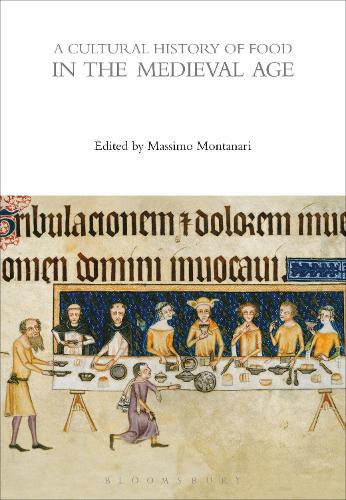
A Cultural History of Food in the Medieval Age
(Paperback)
Available Formats
Publishing Details
A Cultural History of Food in the Medieval Age
By (Author) Massimo Montanari
Bloomsbury Publishing PLC
Bloomsbury Academic
19th November 2015
United Kingdom
Classifications
Tertiary Education
Non Fiction
Cultural studies: food and society
394.1209
Physical Properties
Paperback
256
Width 166mm, Height 240mm, Spine 12mm
487g
Description
Europe was formed in the Middle Ages. The merging of the traditions of Roman-Mediterranean societies with the customs of Northern Europe created new political, economic, social and religious structures and practices. Between 500 and 1300 CE, food in all its manifestations, from agriculture to symbol, became ever more complex and integral to Europes culture and economy. The period saw the growth of culinary literature, the introduction of new spices and cuisines as a result of trade and war, the impact of the Black Death on food resources, the widening gap between what was eaten by the rich and what by the poor, as well as the influence of religion on food rituals. A Cultural History of Food in the Medieval Age presents an overview of the period with essays on food production, food systems, food security, safety and crises, food and politics, eating out, professional cooking, kitchens and service work, family and domesticity, body and soul, representations of food, and developments in food production and consumption globally.
Reviews
[T]he six volumes of A Cultural History of Food provide an enlightening and fascinating insight into the history of food and its development throughout history in an authoritative and accessible style. -- Louise Ellis-Barrett * Social Sciences *
Author Bio
Massimo Montanari is Professor of Medieval History and Food History at the University of Bologna, Italy. His many studies on the history of food culture have been widely translated.
